Is feeling guilt when killing household pests rational?
A shoe begins to step on a spider as it roams the ground it walks on. Digital illustration by Megan Cox.
December 6, 2022
Imagine you are laying on your bed struggling to fall asleep on yet another sleepless night when you notice a tiny shadow skitter across your bedroom ceiling. Upon closer inspection, the shadow turns out to be an arachnid, a spider. Lifting up a slipper as a single shiver runs down your spine, you find yourself pausing with criminality, moments before its execution. You think of its family, the spiderlings it may have, with the haunting feeling lingering over your head.
If a tiny being like this one causes you to feel much repugnance, why does it feel so wrong to take your slipper and crush it?
Guilt when killing household spiders can be largely attributed to introquite psychological phenomenons and the knowledge of their biological impact on the planet.
Though spiders have limited emotional capabilities, the humans often personify them to have much more complex feelings often leading to cognitive dissonance. Cognitive dissonance is a psychological concept surrounding the uncomfortable feeling of contradicting beliefs conflicting with each other.
Murder is frowned upon around the world, but the same feeling of wrongdoing applies to insects, small rodents, and sometimes inanimate objects. This phenomenon can be largely attributed to a part of the brain discovered in the early 1990s known as Mirror Neurons.
“When seeing others experience emotions, mirror neurons make us take on their feelings,” says Palatine High School psychology teacher Andrea Guthrie when explaining the function of the brain’s ability to mirror the feelings of other living organisms.
As it turns out, many household insects such as the ones hiding in your room this very second are much more beneficial to their food webs than they are perceived to be. Some of these roles include prevention of disease spread and being predators of invasive species. Entomologists say that many spiders eliminate many harmful insects in homes such as blood-filled mosquitoes.
Being a part of an extensive food web, spiders make up a large majority of their bottom tier. Food webs are made up of tens of layers of predators all depending on each other in order to keep equilibrium. A single food web makes up the entirety of food chains within an ecosystem.
“If you’re looking at one food chain, if one component is removed, it’s going to have a pretty drastic effect,” says Biology teacher Mrs. Dahl. “…One small change can have a domino effect on everything else in the area.”
If every person in one area killed a spider every day, one billion spiders would be removed from the world, possibly causing its predators to prey on different species. Because different species already have another predator, their population begins to decrease as a result of having two predators. The collapse of one food web kickstarts the collapse of those around it, over time wiping out other food chains around it.
While the impact of killing every spider you see can be detrimental, it is difficult to know exactly just how many people out there annihilate spiders on a daily basis. For every spider that is actually seen lingering, tens or hundreds more hide in places that can’t be seen. The reality of things is removing a spider from your home is not going to make seeing another one any less possible.
Feeling guilt towards killing spiders is perfectly rational despite their initial seemingly worthless qualities that send shivers down the spines of many.
Next time a spider crawls on your bedroom ceiling, attempting to capture it in a cup and letting it out into the world may be a better option. Guilt is a feeling that is often overpowering. However, the ability to be able to choose how we react to day to day issues allows us to make choices that are more valuable to our personal morals.




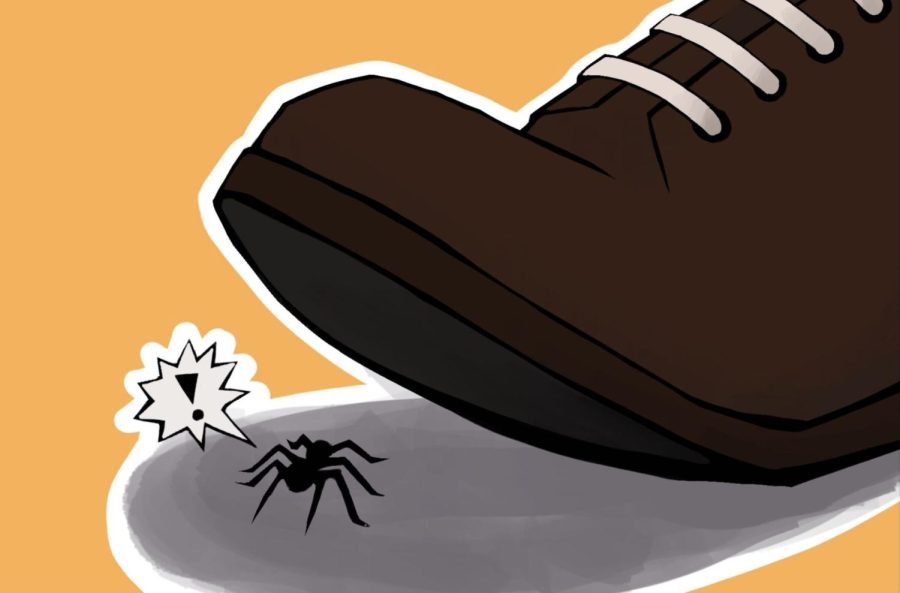


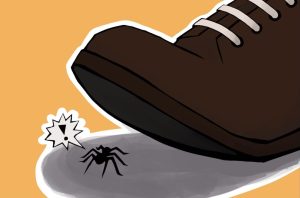






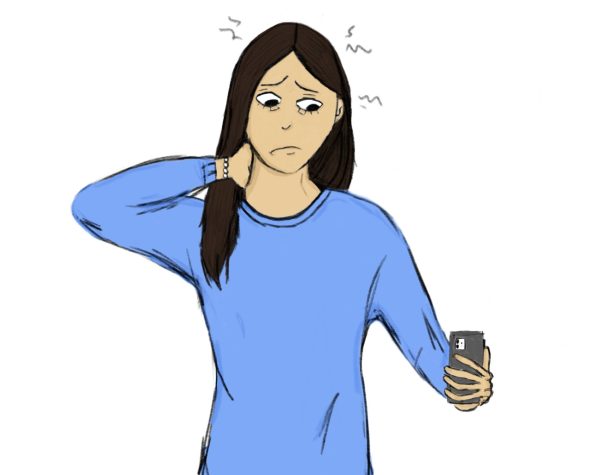
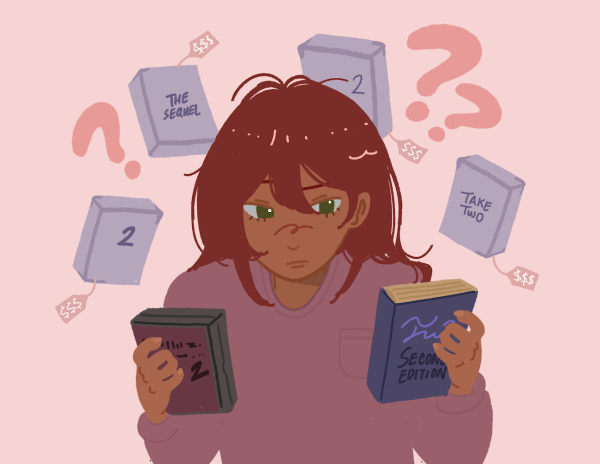
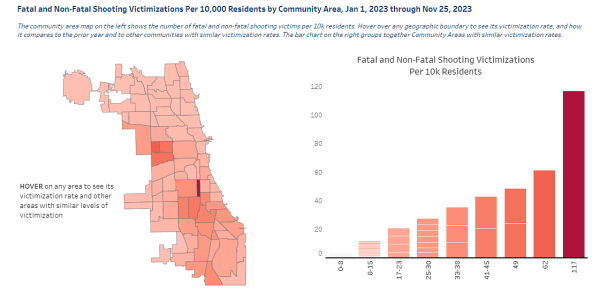
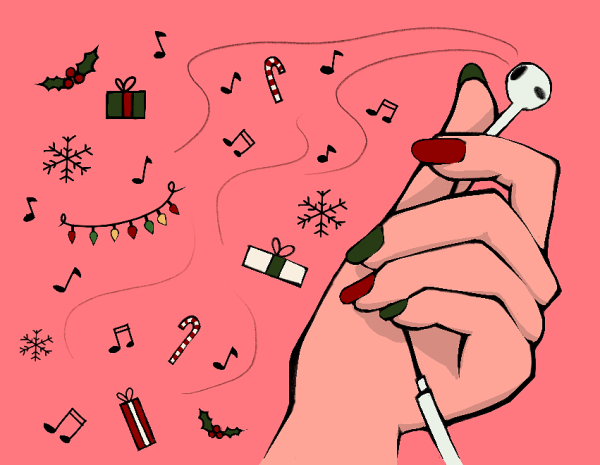
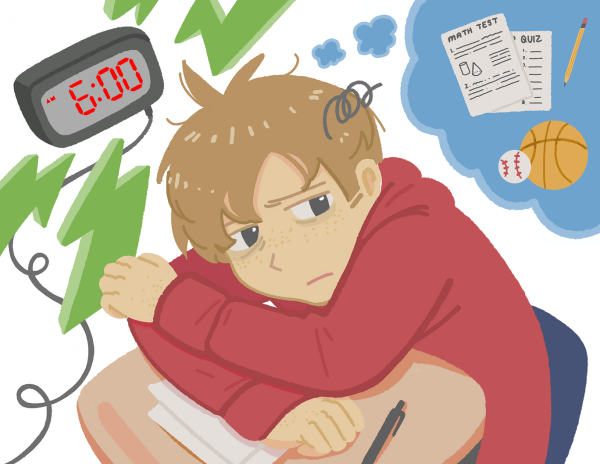

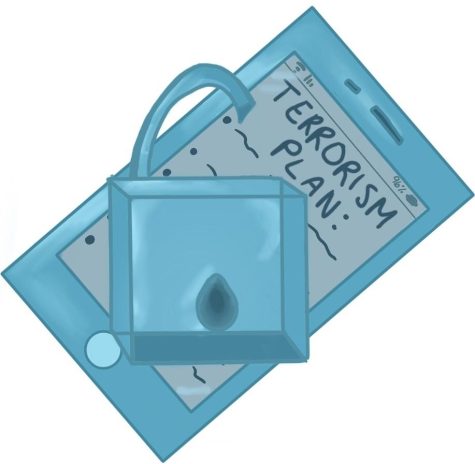
Liz • Sep 11, 2023 at 1:03 am
I squashed a cricket with my cane. Normally I take bugs outside. I was worried it would jump in my mouth in the dark when I went to sleep. I feel really bad. I wish I had captured it like I normally do and released it outside like I usually do, but it’s harder for me to do that because I have a bad knee right now. I’m sorry, cricket. 🙁
Snowy • Aug 20, 2023 at 10:57 pm
I once swatted at a tiny moth thinking that it was a mosquito. The moth survived, but it flew away in a manner that suggested that it was hurt. I felt absolutely terrible… I try to let the tiny moths out when I see them so that they don’t die, so I felt bad for hurting one.
Verm • May 22, 2023 at 12:51 pm
I killed a jumping spider, it was really cute. The first two times it hopped away. But the third time I killed it. I felt bad, and still do. I am going to not kill spiders and release into the wild going forward (unless it is a black widow). I hope that his/her friend spiders can snack on masquitos and remember there friend. ?
Zin • May 7, 2023 at 10:16 pm
Thank you, as I won’t harm another. I feel bad about killing a jumping spider as now I know. I am one with all living life. I forgive myself for being under knowing of this as now I know I won’t harm another. Forgive me father, forgive me universe ?
Susan • Mar 18, 2024 at 9:20 am
I once got my husband to capture a small mouse from a cupboard, I could not bear to kill it, it had such a sweet face and I am an animal lover. We carried it down a country lane and let it out under a hedge. I felt so much better than in the past when I had used poison. I used to feel so guilty.
Nana • May 2, 2023 at 6:00 pm
I agree I do feel bad after squishing a spider because I’m thinking about it’s family!